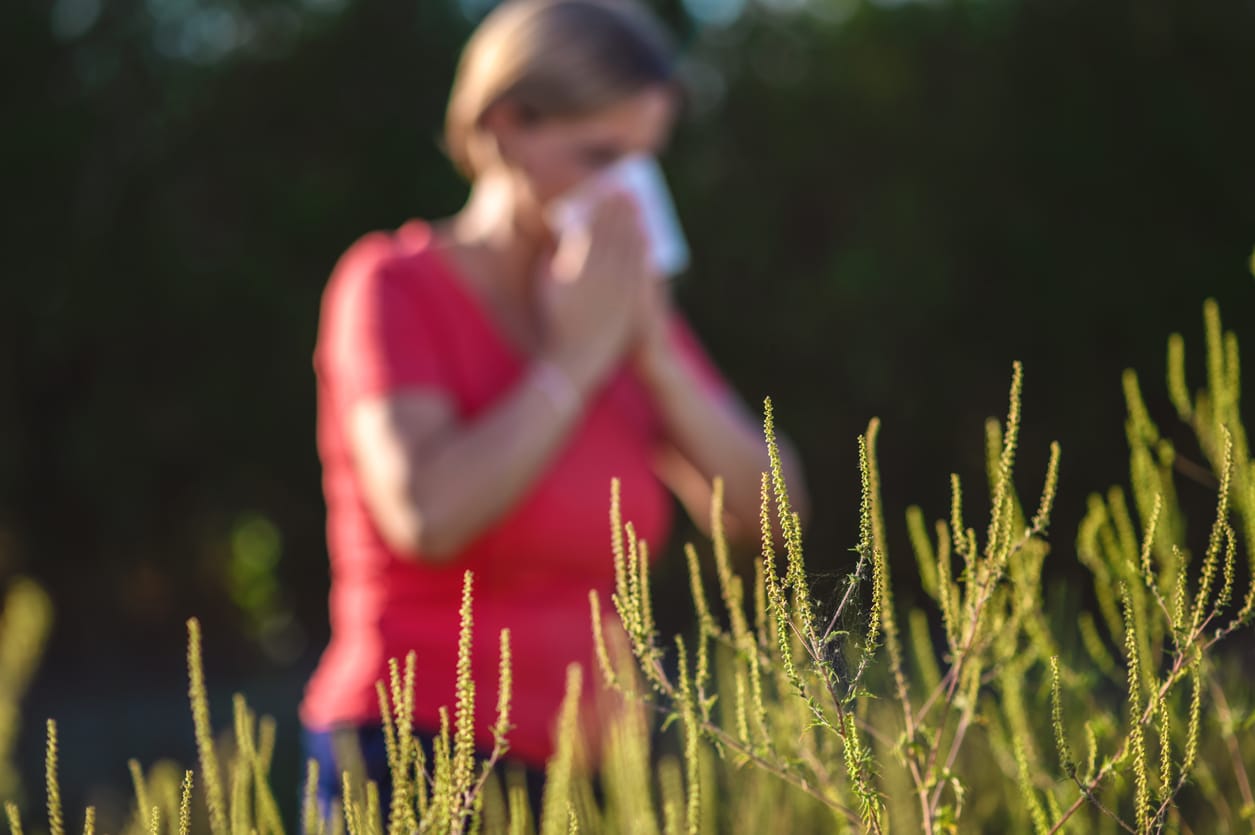For many people, the beginning of October marks the end of allergy season. Grass pollen is nearly or completely gone, and ragweed levels should be fading fast. But shifting weather patterns are changing that timeline. Thanks to climate change, allergy symptoms are lasting longer and hitting harder.
Why is Allergy Season Lasting Longer?

Across the country, warmer temperatures are shifting the boundaries of allergy season. According to the Asthma and Allergy Foundation of America’s 2025 Allergy Capitals Report, pollen seasons now begin about 20 days earlier and last roughly 10 days longer than they did 30 years ago.
Higher temperatures and extended growing seasons give trees, grasses and weeds more time to release pollen—and for sensitive individuals, that means more weeks of discomfort.
Why Fall Allergies Feel More Intense in Georgia
The 2025 report also ranked the severity of allergy capitals on a scale of one to 100, with one being the most severe and 100 being the least severe. Georgia ranks fortieth. Two key culprits driving fall allergies here are ragweed pollen and mold spores.
Ragweed thrives in Georgia’s warm climate. A single plant can produce up to one billion pollen grains, easily carried by the wind for miles. As the climate shifts, ragweed seasons can last longer, extending from early to late November.
Mold is another major trigger. After a rainy Georgia fall, piles of wet leaves and decaying vegetation create the perfect environment for mold to grow. Molds like Cladosporium and Alternaria release spores that can cause sneezing, coughing, itchy eyes and sinus pressure.
Managing Fall Allergies in Georgia
Fortunately, there are ways to protect yourself and minimize symptoms:
- Keep windows closed and use a HEPA air filter indoors
- Change clothes and shower after outdoor activities
- Vacuum and sweep regularly
- Clean your kitchen and bathroom regularly
- Run a dehumidifier to control moisture and mold
- Rake leaves promptly or wear a mask if you’re doing yard work
- Check daily pollen counts before heading outside
For longer-term relief, consider allergy testing to identify your specific triggers. Treatment options, such as antihistamines, nasal sprays or immunotherapy (allergy shots), can dramatically reduce your symptoms over time.
Breathe Easier This Fall
If sneezing, congestion and itchy eyes are making it hard to enjoy Georgia’s beautiful fall weather, ENT of Georgia North can help. We’ll identify your allergens, develop a customized treatment plan and help you take control of your seasonal symptoms.